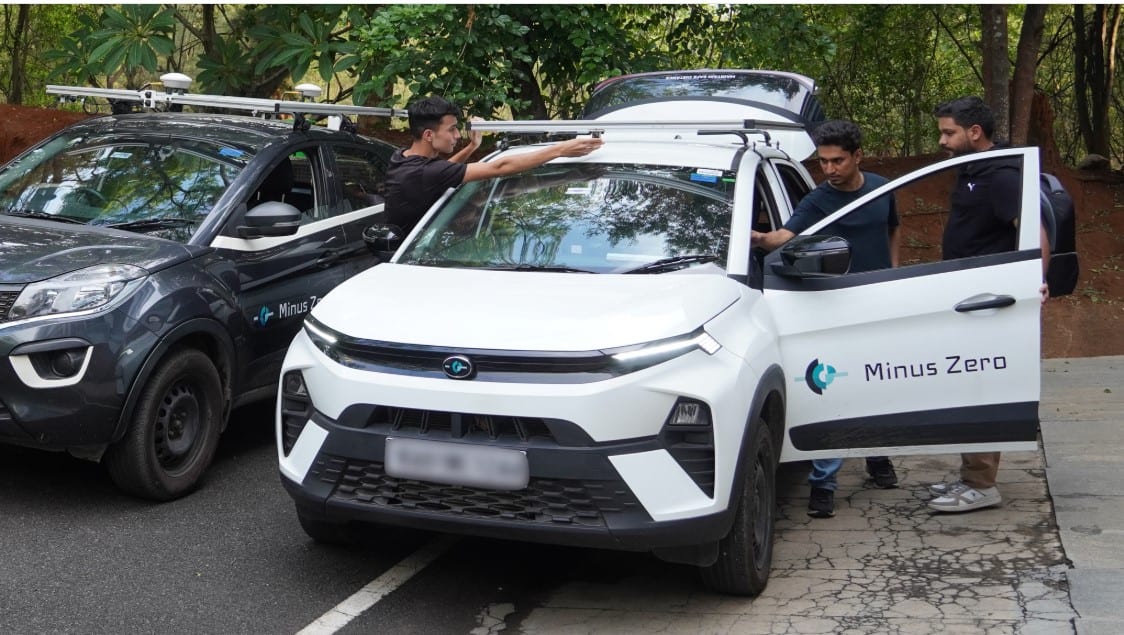 Top 3 stories
Top 3 stories
Google AI/O and the Sergey surprise

“Anybody who's a computer scientist should not be retired right now, but instead should be working on AI.”
That's according to Google co-founder Sergey Brin, who crashed a fireside chat between Google DeepMind CEO Demis Hassabis and journalist Alex Kantrowitz at Google I/O 2025, the company’s annual developer conference.
AI more transformative than web, mobile
Brin believes that AI is 'vastly more transformative,' and its impact on the world will be greater than the web and mobile revolution.
Brin, who co-founded Google with Larry Page in 1998, had stepped away from his leadership role in 2019. However, he returned to the company in 2023, following the rapid rise of OpenAI's ChatGPT that kicked off an industry-wide AI arms race and has triggered alarm bells within the search giant.
- His return resulted in the company, considered an early pioneer in the space, getting back on its feet and regaining momentum in the rapidly evolving AI landscape
Brin also spoke about what he does all day since returning to Google in 2023, where his interest lies now. He and Hassabis also weighed in on the topic of Artificial General Intelligence (AGI), a pursuit that has become central to the AI ambitions of several tech leaders.
Google's AI push
With rising pressure from longtime rivals like Microsoft and Meta, as well as newer challengers such as OpenAI and Perplexity, Google is now going all in on generative AI, infusing the technology throughout its offerings while rapidly introducing new AI models and products.
This was clearly evident through the range of announcements Google made at I/O 2025. Here's a quick look:
- A new AI Mode, which provides an end-to-end AI search experience as Google reinvents its flagship search product
- The ambitious Project Startline is now Google Beam, an AI-first 3D video communications platform
Why India’s IT city keeps sinking

Bengaluru–India’s startup capital and tech powerhouse, has a recurring monsoon nightmare.
- Every time it rains, the city gets waterlogged—despite sitting over 3,000 feet above sea level and pumping drinking water all the way uphill from the Cauvery River, 100 km away.
This year, the flooding began even before the monsoon officially arrived. Companies rushed out work-from-home advisories. Authorities shut down the Electronics City flyover for few hours—the very one that connects major tech hubs like Infosys and Biocon.
So, what’s going on?
Tech boom, drain doom
The IT surge of the 1990s transformed Bengaluru into a global tech hub. But it came at the cost of nature. Lakes were filled, valleys were built over, and glass towers replaced natural drains.
- Bengaluru sits on three natural valleys: Hebbal (north), Koramangala–Challaghatta (central and southeast), Vrishabhavathi (southwest).
Construction on these basins has disrupted natural water flow. The result? Flooding is now routine.
Tell me more
Bengaluru has around 860 km of stormwater drains, but:
- Only 60% have retaining walls
- Nearly half the encroachments remain
- Desilting is irregular
- White-topped roads block water runoff
- Fixes like sluice gates and tanks exist mostly on paper
- And with no elected mayor or city council since 2020, civic planning is essentially on autopilot
Meanwhile, the Karnataka government has set aside Rs 2,000 crore for FY24–25 under the Karnataka Water Security and Disaster Resilience Initiative. But Brand Bengaluru has taken a hit.
Find out more
Accenture breaks 2.5-year hike drought for seniors

A long-delayed raise finally lands for Accenture’s mid- and senior-level staff.
Driving the news
Accenture is handing out salary hikes of 3% to 13% to employees at Level 8 (Associate Manager) and above, the first such raise for this group in two and a half years.
- The hikes are part of Accenture’s June performance cycle
- The company will promote 50,000 employees globally, including 15,000 in India
For FY25, total promotions in India are expected to exceed 43,000.
Tell me more
In December, Accenture gave selective hikes to employees in key growth areas.
- The June cycle expands that pool to include many others. Most employees in India will receive a base pay increase this fiscal, either through promotion or stay-at-level hikes.
Performance bonuses and equity rewards will follow in the December cycle.
What’s the big deal?
After two years of compensation restraint, Accenture is signalling a return to growth mode.
- The hikes and promotions come despite a dip in operating margins and continued global uncertainty, suggesting the company is betting on talent retention to drive FY25 performance.
Nonetheless, some employees told us that while a 13% hike sounds good, it feels less impressive when you consider it’s been 30 months in the making.
Dig deeper







